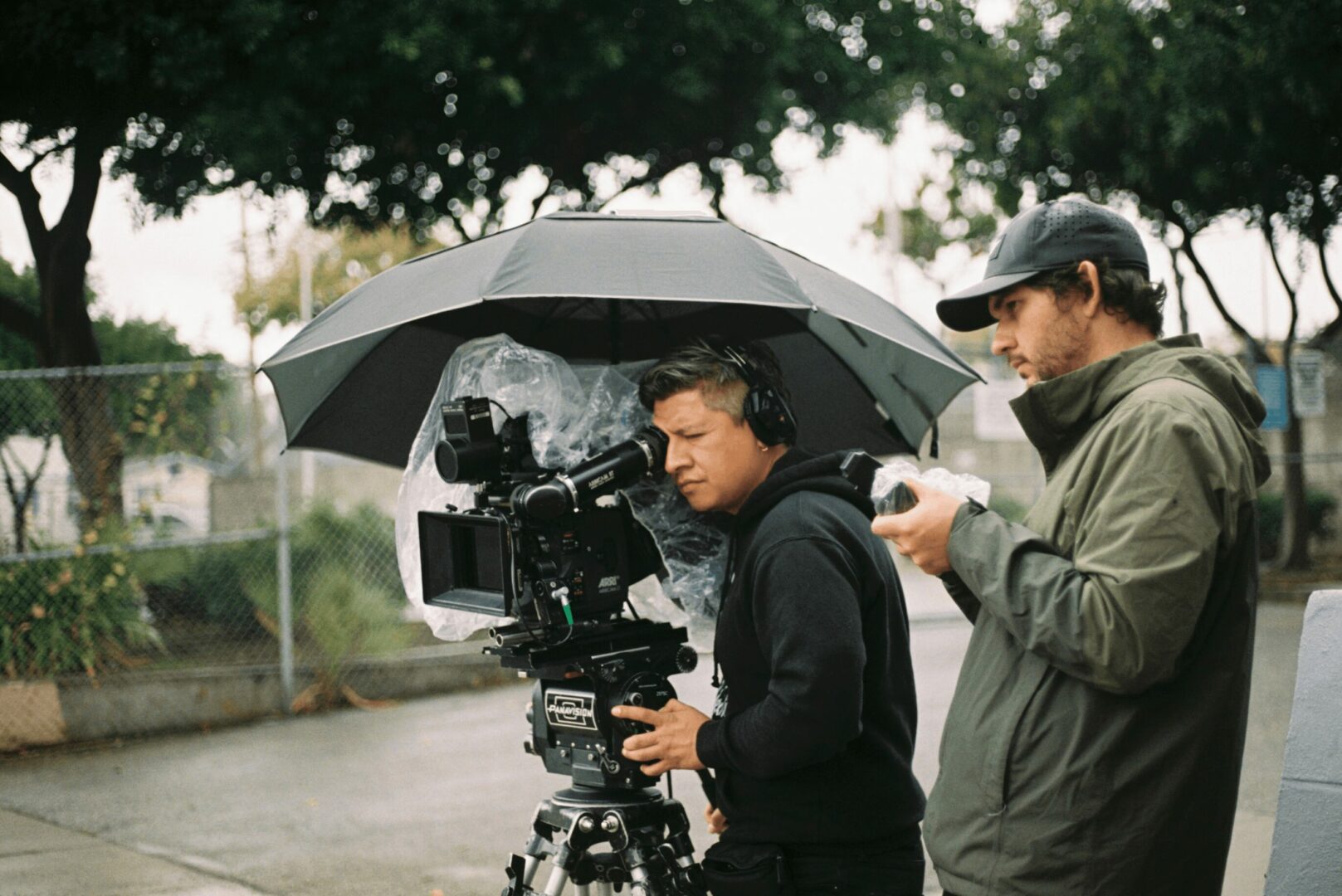We’re excited to introduce you to the always interesting and insightful Walter Diaz. We hope you’ll enjoy our conversation with Walter below.
Walter, first a big thank you for taking the time to share your thoughts and insights with us today. I’m sure many of our readers will benefit from your wisdom, and one of the areas where we think your insight might be most helpful is related to imposter syndrome. Imposter syndrome is holding so many people back from reaching their true and highest potential and so we’d love to hear about your journey and how you overcame imposter syndrome.
I definitely think this is one of the biggest hurdles I had to overcome as an artist. I’m usually very critical of my work because I hold myself to such a high standard and when I don’t hit that standard I fall into that imposter syndrome.
The way I’ve overcome this was to stop comparing myself to others. Comparison usually leads to resentment and I don’t want to resent any of my fellow artists or myself. Instead, I focus more on how I have improved over the years. It takes some time to get out of that critical headspace and I sometimes refrain from viewing any projects I have shot when they drop. When I return to a project with fresh eyes I tend to like it more and feel more confident in my abilities.
It’s all about giving yourself time to remove yourself from a project you were invested in and return as an observer and less as a creator. This way you can enjoy your creation. This helps me immensely and gives me the confidence to continue.
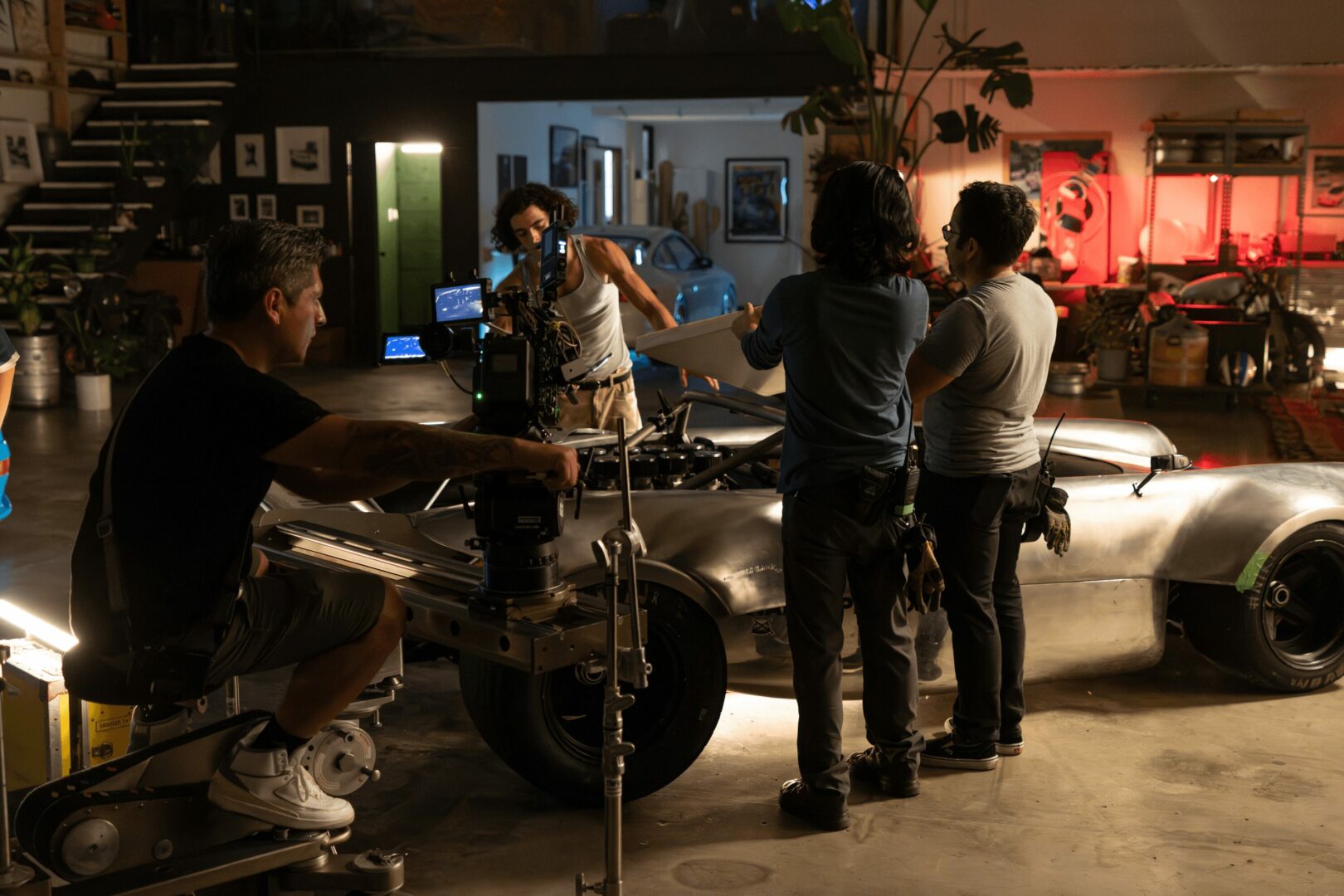
Appreciate the insights and wisdom. Before we dig deeper and ask you about the skills that matter and more, maybe you can tell our readers about yourself?
So most of my life has been in entertainment, from music to film. Today I work as a Director of Photography, mostly in narratives, commercials, music videos, and documentaries. It’s been fulfilling work, especially narratives because I love to tell stories. I think for the most part my aesthetic has been dark and moody. I love Drama, Horror, and Thrillers. These genres reflect my visual style and sensibilities. I love dark, difficult stories. Stories that show the limits of the human experience, but I also find beauty and hope in these types of stories.
In December, I shot a short film for my long-time collaborator and director Alfredo Vidal. His story NANA is about a nanny who raised this young boy all his life, and now has to decide to leave him and return to her home country to her dying brother but if she leaves she will never return to this young boy who faces a difficult time in his life. I felt an instant connection to this story having lived through similar events. It’s a sad story but the subtext gives hope that things will be alright.
I believe a story like this is important, not only being a story that represents my own lived experience but also showing a perspective that even though life may be sad and difficult, it doesn’t need to be negative.
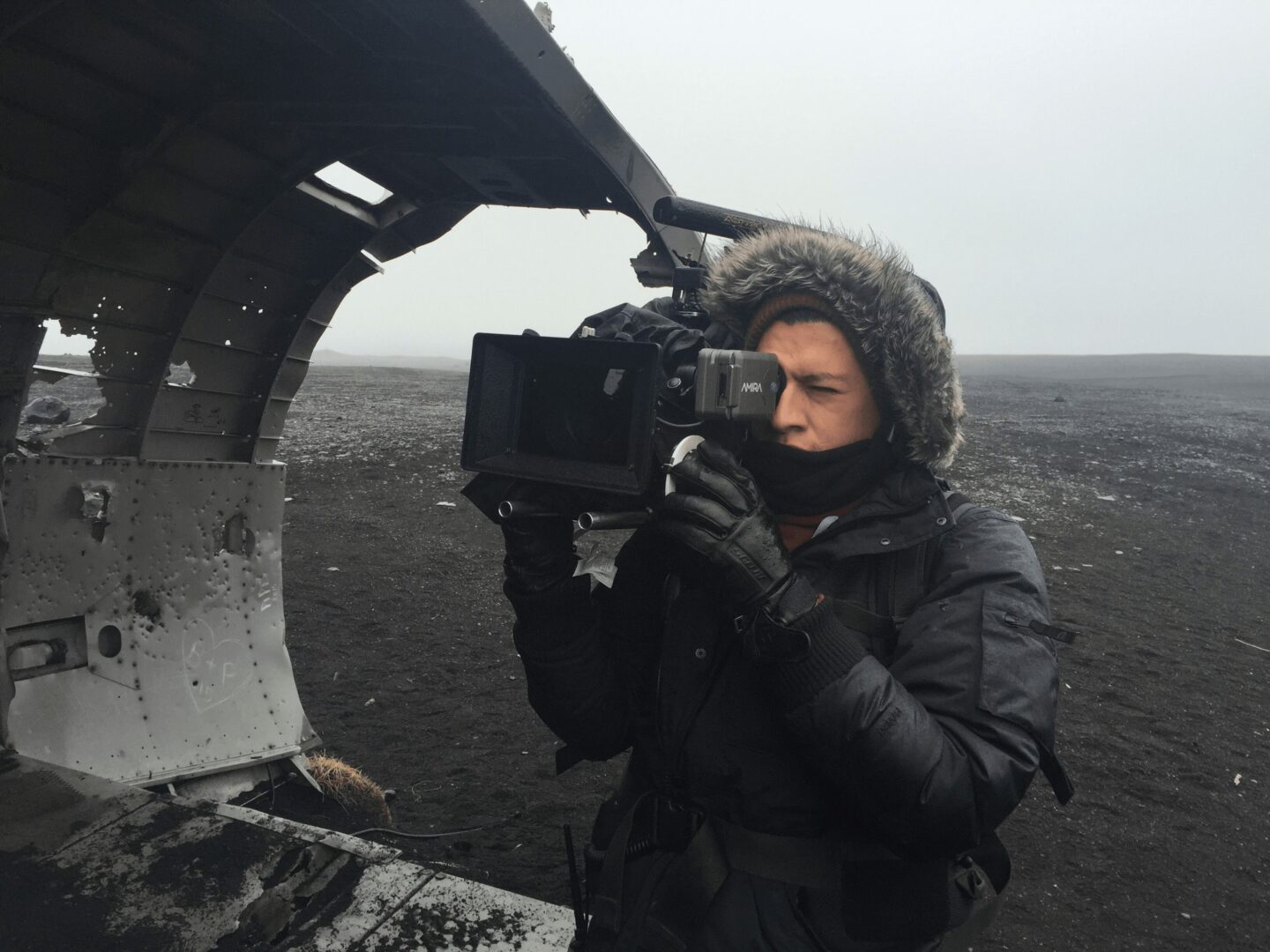
There is so much advice out there about all the different skills and qualities folks need to develop in order to succeed in today’s highly competitive environment and often it can feel overwhelming. So, if we had to break it down to just the three that matter most, which three skills or qualities would you focus on?
The best advice I ever got was from my mentor Affonso Beato ASC. He told me the best qualities to have in a creative collaborator are technical knowledge, the ability to be flexible, and the kind of person who is a pleasure to be around. These three things can be applied to any working relationship.
With any skill you need to improve your skills, whether in a creative field or not, you should always try to improve your skills, constantly learn new methods, or find things that inspire you to learn. You are never too young or too old to learn something new, you just have to “do that damn thing.”
Being flexible is another great skill to have. With any project, you go in with a plan and most likely those plans will face challenges or changes. To be flexible means to be able to find solutions quickly and be confident that your solution will still hold true to the original plan. This flexibility is essential in a creative field. And usually, those last-minute changes will result in a much better result than previously planned.
Finally, being a pleasure to be around is one, if not the most important, skill to have. “No one wants to work with an A-hole.” This was another wise quote from my mentor and it’s very true. When it comes to working and collaborating with others, especially in a high-stress environment, you want to work with those who will help you navigate the ups and downs of any project. This comradery helps to keep the morale on set high and even if it’s all falling apart around you. A crew that is positive and working towards solutions will outshine any talent one may have. We all want to work towards making the best possible product and people who can help uplift you will make the hardship of achieving that goal worth the pain and suffering.
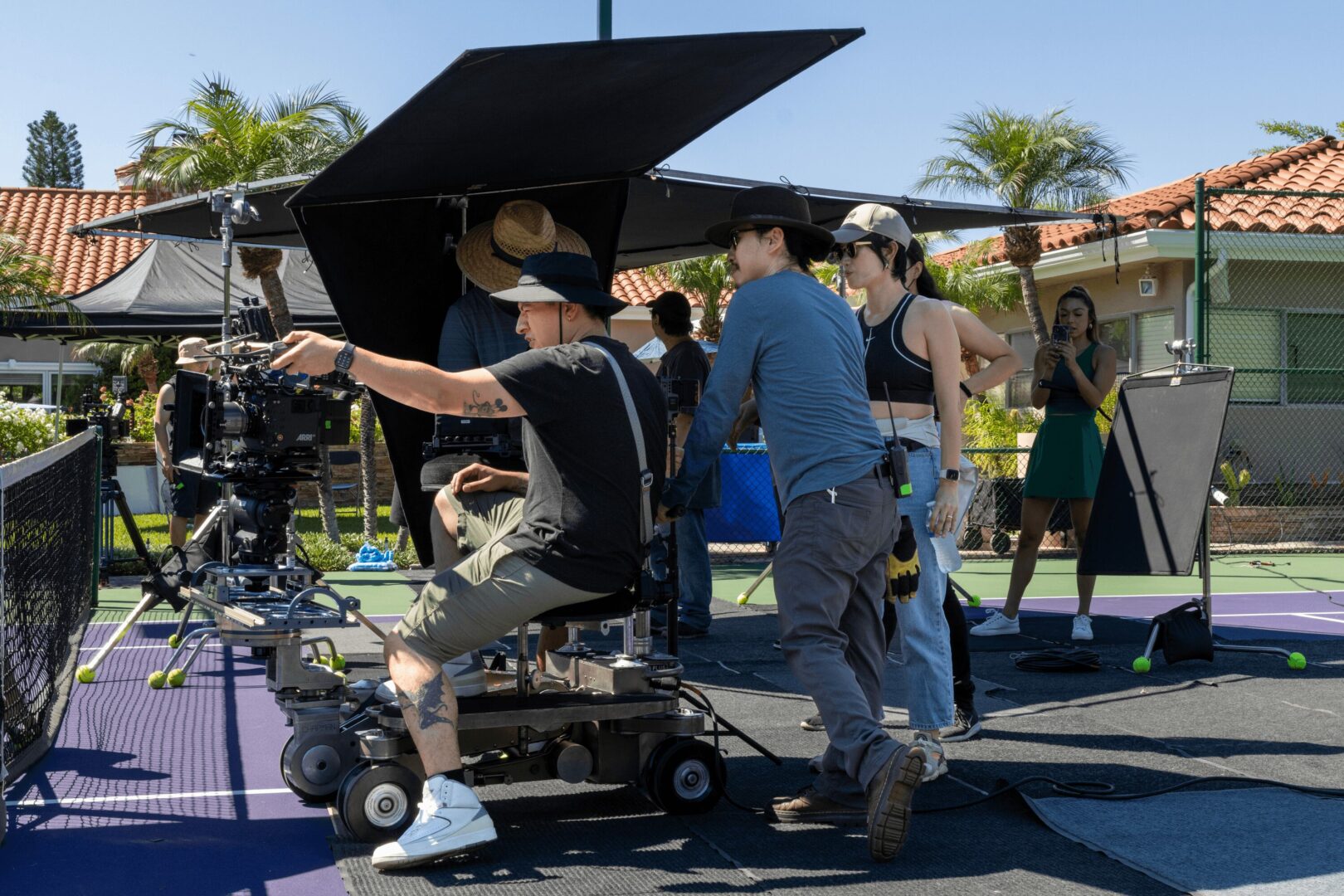
As we end our chat, is there a book you can leave people with that’s been meaningful to you and your development?
There are three books that have really helped my development as an artist.
Atomic Habits by James Clear.
This book outlines and gives several examples of how building small habits that improve any skill you may want by tiny increments will result in huge leaps forward in over a year.
Mindset by Carol S. Dwick Ph.D.
This book is all about addressing our mindset and how optimism or pessimism will shape how we move through life and how it affects our personal, and professional relationships and the relationship with ourselves. This book really helped me realize how much I was diving into self-limiting beliefs. When I changed my mindset to keep my mind open to new experiences and thoughts I came to see myself and my progress through a lens of self-confidence and self-assurance.
Never split the difference by Chris Voss.
This one is not so much about self-help as it is about learning how to negotiate in all aspects of life. Negotiating is a language and I believe it’s important to understand and know that language so you can become more persuasive or know when someone is trying to manipulate you. This helps not only in contract negotiations but also prepares you on how to buy a car or home, how to negotiate a salary, or how to reach an understanding with a partner.
these books I feel are a must-read for everyone.
Contact Info:
- Website: https://www.walter-diaz.com
- Instagram: https://www.instagram.com/walter_diaz_dp/
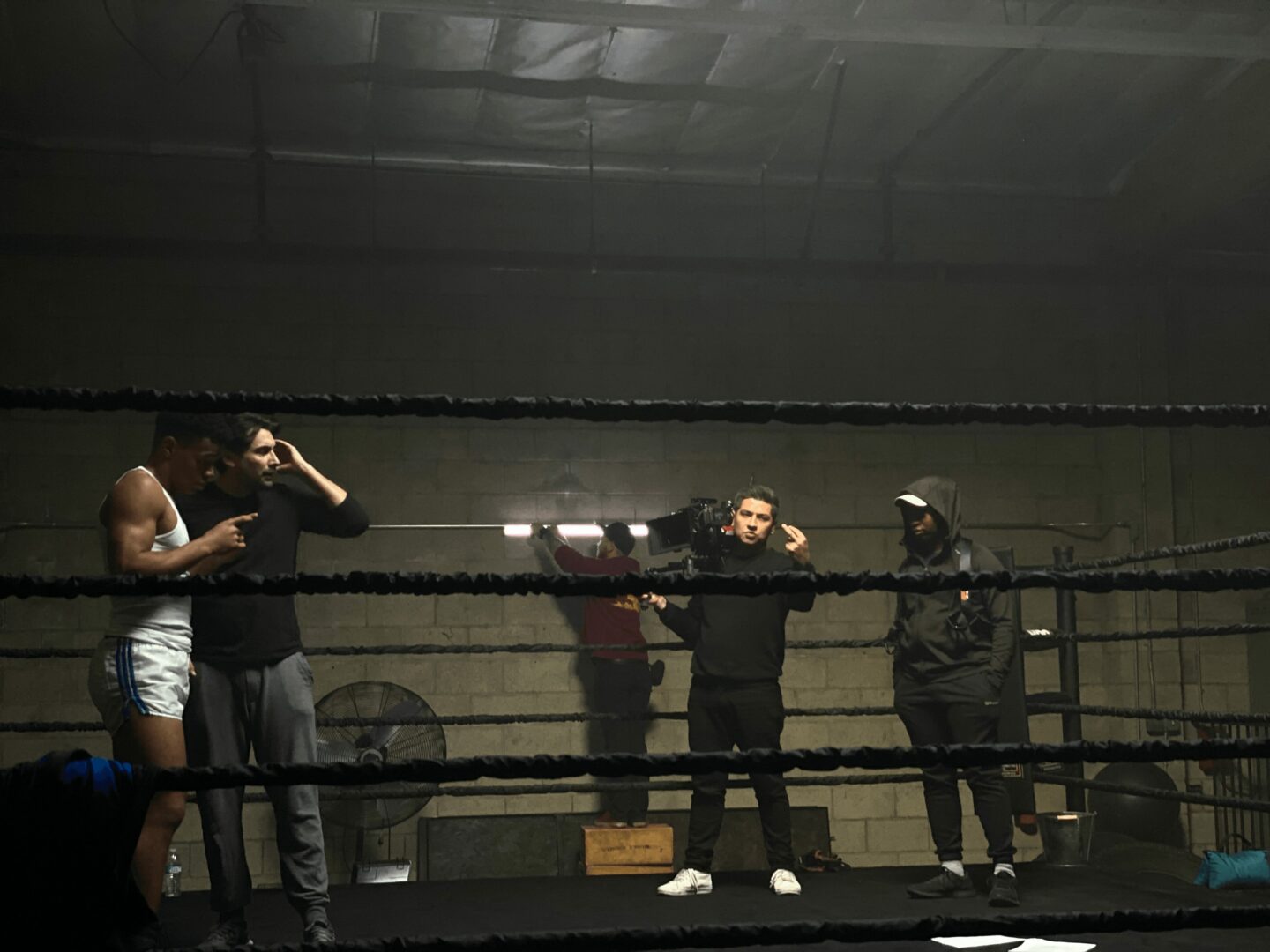
so if you or someone you know deserves recognition please let us know here.

